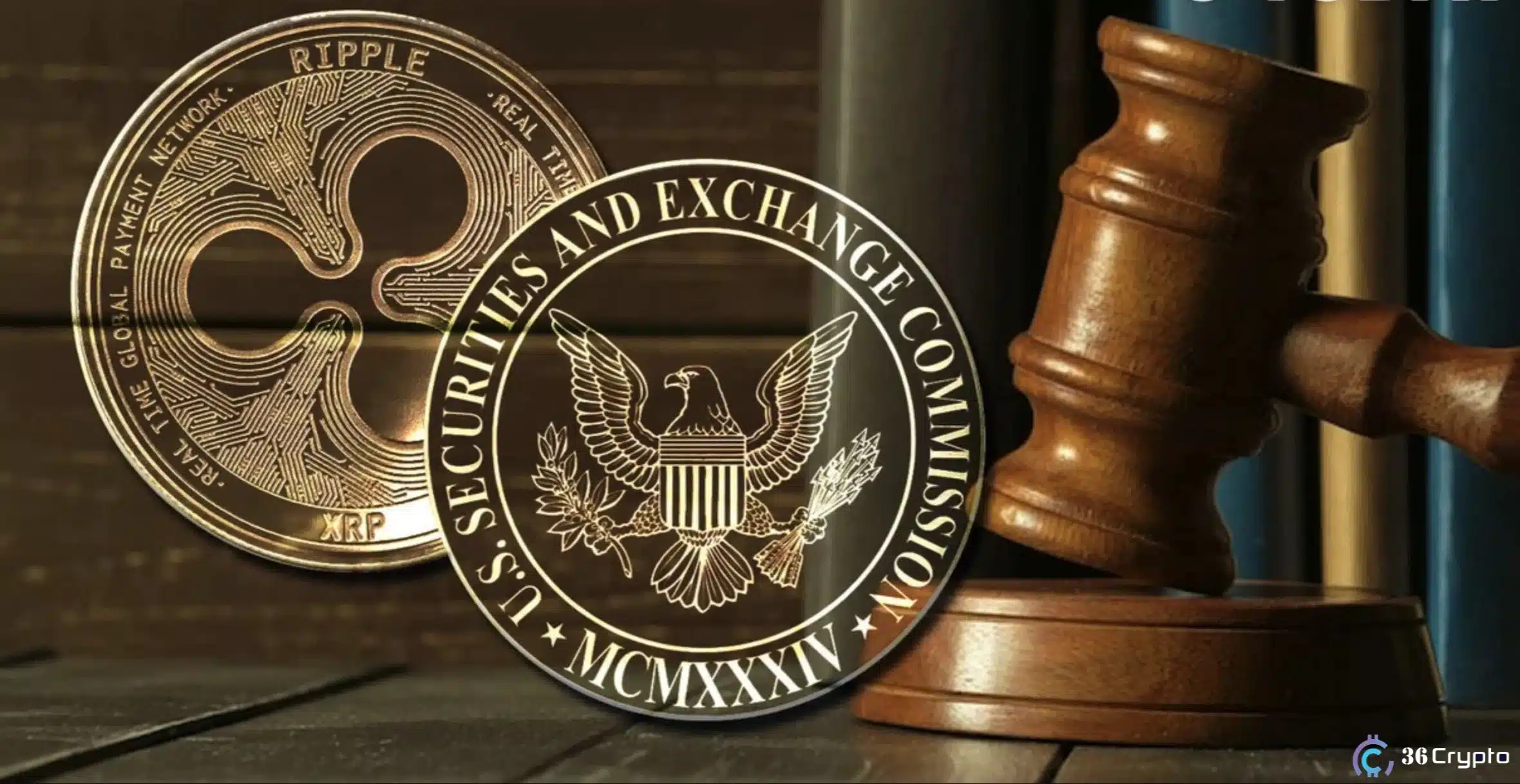Ripple Labs has filed a supplemental brief in its legal battle with the U.S. Securities and Exchange Commission (SEC), leveraging a recent court ruling in the SEC’s case against Binance. This strategic move can, therefore, be considered a win for the cryptocurrency industry, given that the Binance ruling supported the idea that sales of cryptocurrencies carried out in the secondary market are not securities. This decision might help Ripple in its defense as well.
Read Also: Ripple CEO Brad Garlinghouse Criticizes SEC Chair Over Comments on Crypto Executives
Ripple’s Strategic Use of Binance Ruling to Bolster Defense in SEC Legal Battle
Ripple’s filing comes after a ruling by Judge Amy Berman Jackson on the Binance BNB token. The judge referred to Judge Analisa Torres’ previous decision that retained XRP as non-securities, disregarding the SEC’s accusations against BNB for secondary sales. Pronouncing this decision strengthened XRP’s position as a non-security, and other cases related to crypto exchanges, such as Coinbase, Kraken, and Consensys, will be affected.
On social media platforms, Fox Business reporter Eleanor Terrett incorporated the ruling on the case in the XRP case. She declared that the previous argument by the SEC lawyers that the Ripple ruling was an exception of a single judge is now a thing of the past since other judges are echoing this thinking. Ripple claimed there was no certainty of what was legal before these decisions were made. The court concluded that there was a strict liability violation as to some of Ripple’s sales, which did not amount to reckless disregard of the law or deserving of severe penalties. Moreover, recklessness was not the claim pointed out by the SEC against Ripple in its complaint.
Ripple also explained the inconsistencies of the Howey test, asserting that digital assets cannot be subdivided into categories through the prism of this test. The company criticized the SEC’s approach to the billion-dollar business. It regulated it through litigation lawsuits, saying that this hampers the crypto industry, its stakeholders, and consumers are left guessing on the laws governing the sector.
Conclusion
The recent court rulings represent a crucial development in the ongoing legal battles between cryptocurrency companies and the SEC. As Ripple continues its fight, the outcomes of these cases may shape the regulatory landscape for the entire crypto industry. The affirmation that secondary market sales do not constitute securities marks a pivotal moment, potentially offering a more robust defense for Ripple and other crypto entities facing similar legal challenges.
Read Also: Ripple CTO Stirs the SEC over Ethereum Policy Comparison with China’s Bitcoin Strategies
